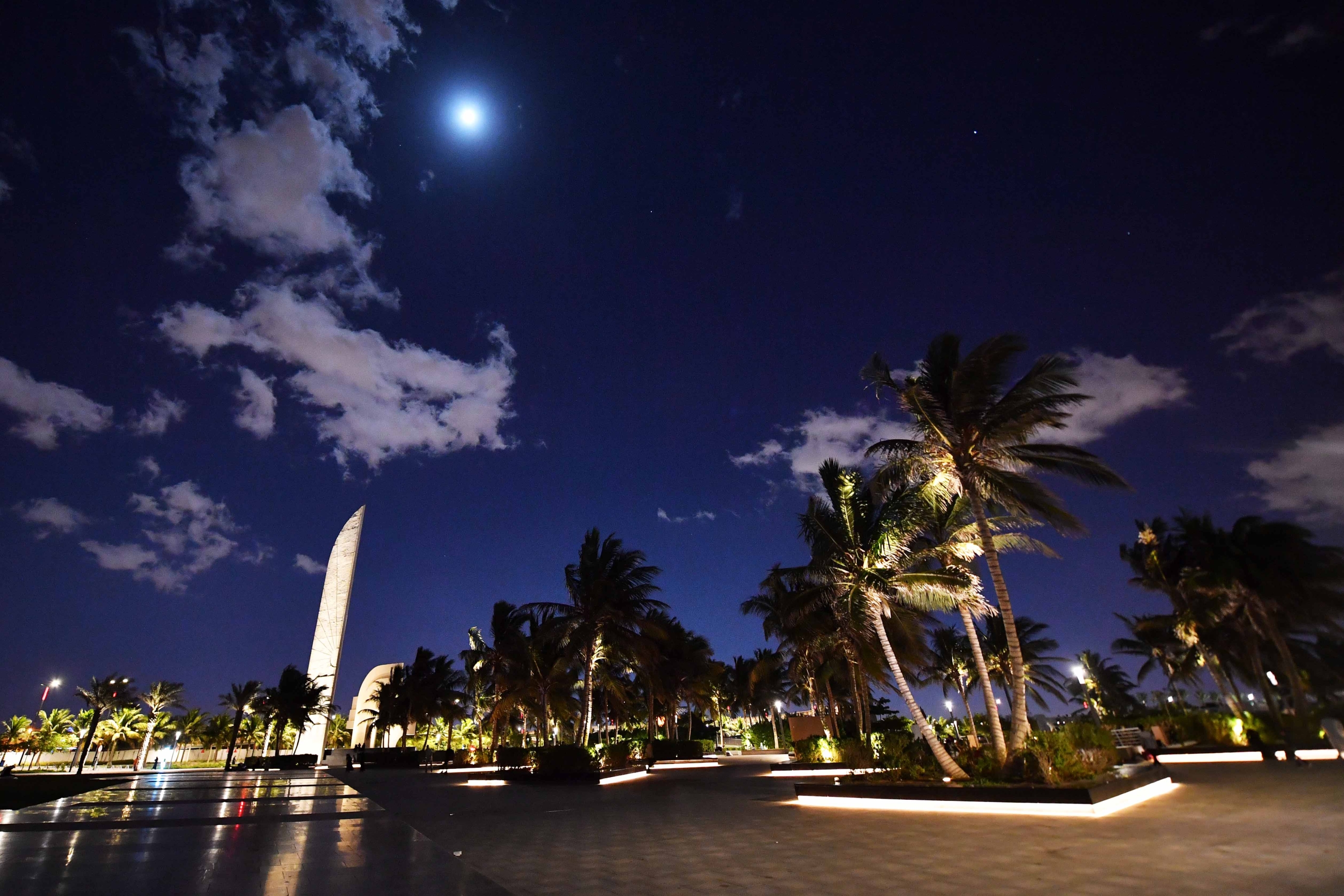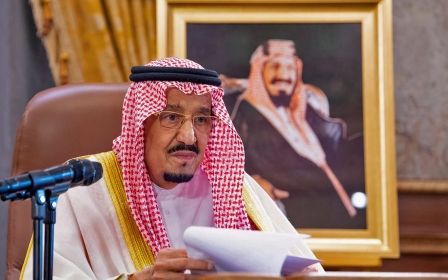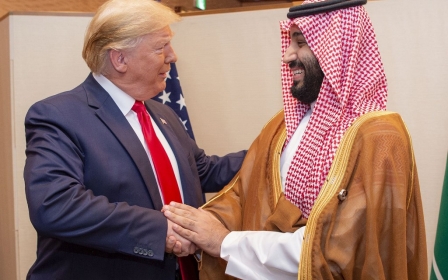Coronavirus: Saudi authorities lock down Jeddah neighbourhoods

Saudi authorities announced a lockdown and a partial curfew in seven neighbourhoods of the Red Sea city of Jeddah, starting on Saturday, as part of measures to contain the coronavirus outbreak, the interior ministry said in a statement.
The ministry said residents in those neighbourhoods could go out only for grocery shopping and medical care, between 6am and 3pm.
Entering and leaving the neighbourhoods will be restricted, it added.
On Thursday, the kingdom imposed a similar curfew on the holy cities of Mecca and Medina.
"It is prohibited to practise any commercial activities within the residential neighbourhoods of the cities of Mecca and Medina, except for pharmacies, foodstuff stores, gas stations and banking services," Thursday's decree said.
New MEE newsletter: Jerusalem Dispatch
Sign up to get the latest insights and analysis on Israel-Palestine, alongside Turkey Unpacked and other MEE newsletters
The decision added that only one passenger in addition to the driver will be allowed in each motor vehicle moving within the two cities, to limit the possible transmission of the virus.
On 25 March, Saudi Arabia announced a countrywide lockdown that included banning entry and exit from Mecca, Medina and Riyadh as well as a ban on movement between the 13 provinces of the kingdom.
King Salman has warned of a "difficult" fight ahead, with the country facing mass shutdowns because of the virus and crashing oil prices, with prices gauged by one benchmark falling to as low as $20 at the end of March from above $60 three months earlier.
The oil-rich kingdom has unveiled economic stimulus measures amounting to 120bn riyals ($32bn) to support businesses and said it planned to raise borrowing to 50 percent of GDP.
Middle East Eye delivers independent and unrivalled coverage and analysis of the Middle East, North Africa and beyond. To learn more about republishing this content and the associated fees, please fill out this form. More about MEE can be found here.




